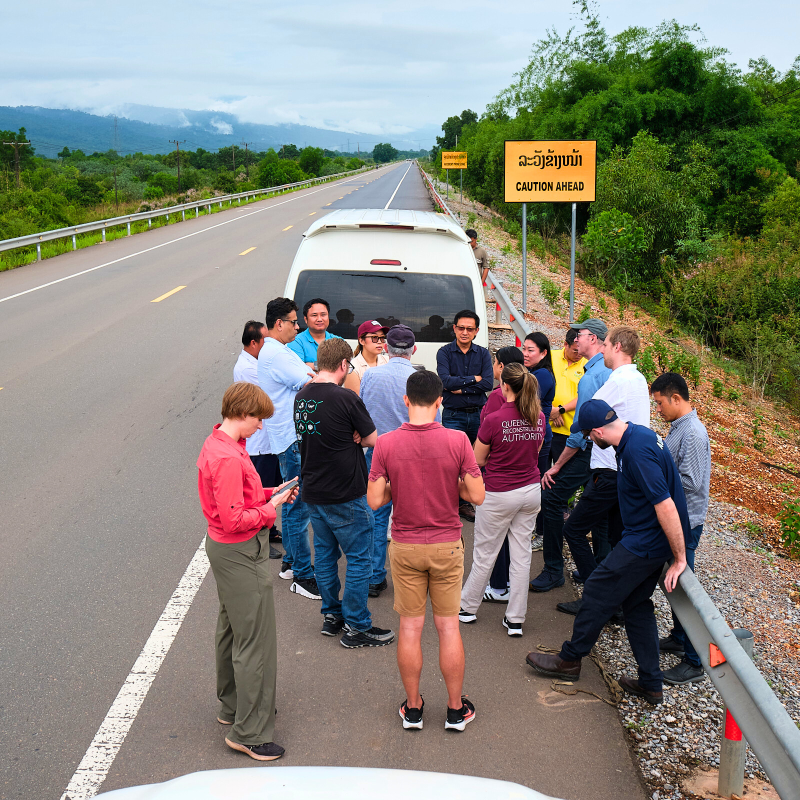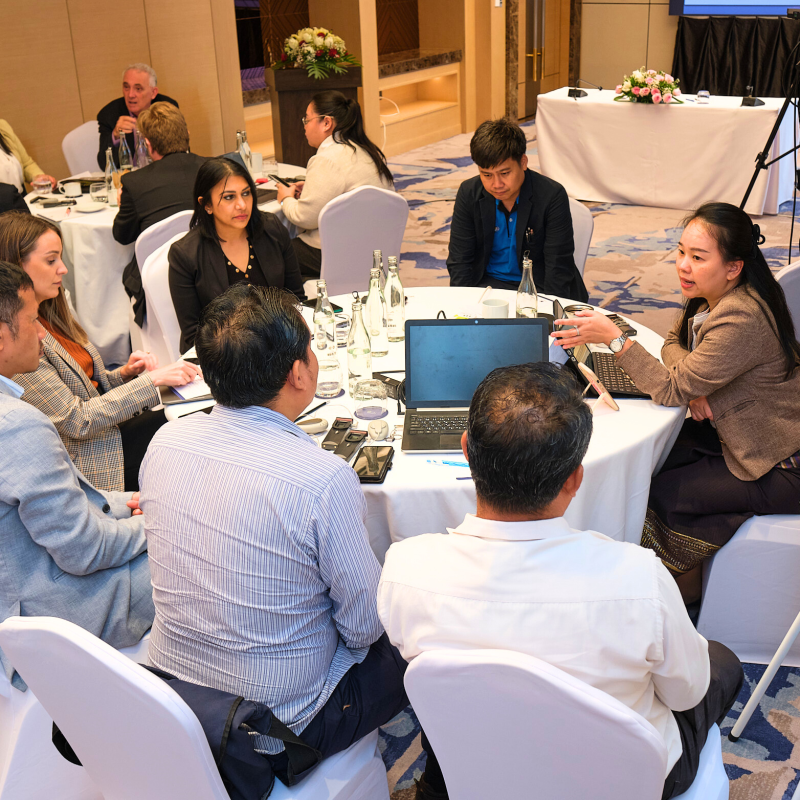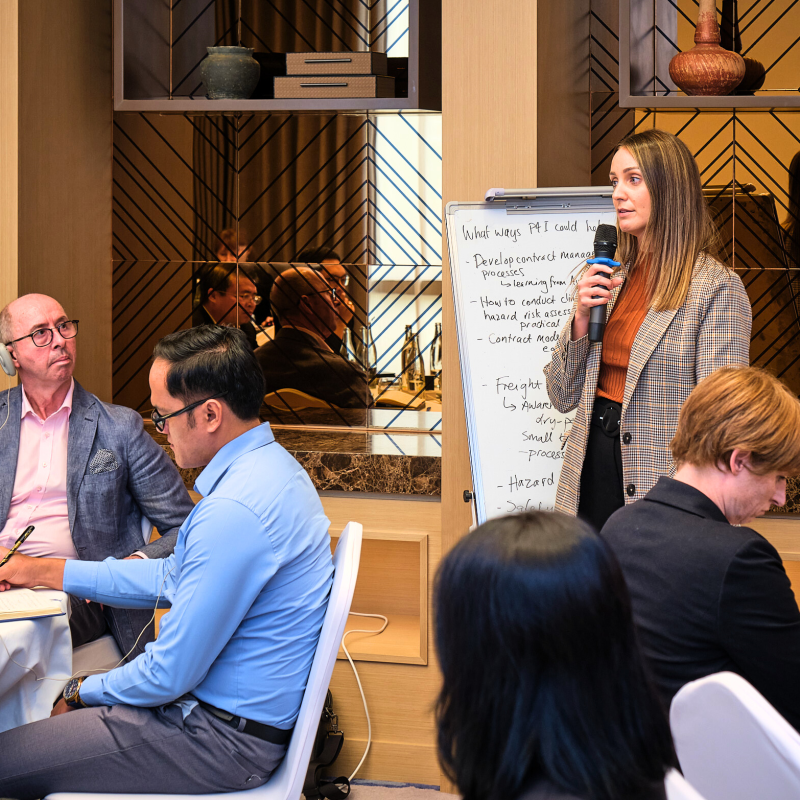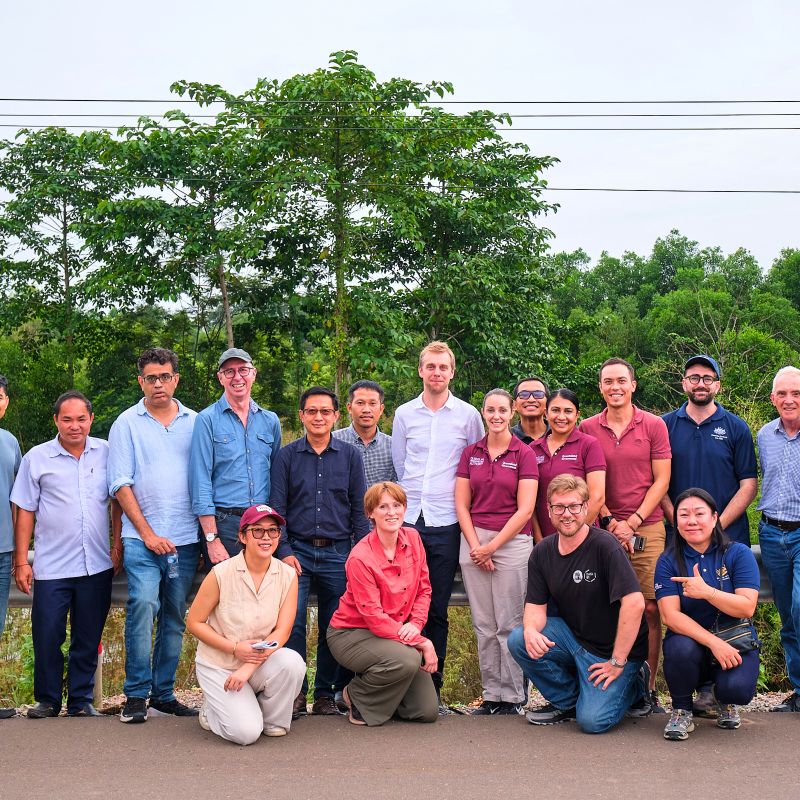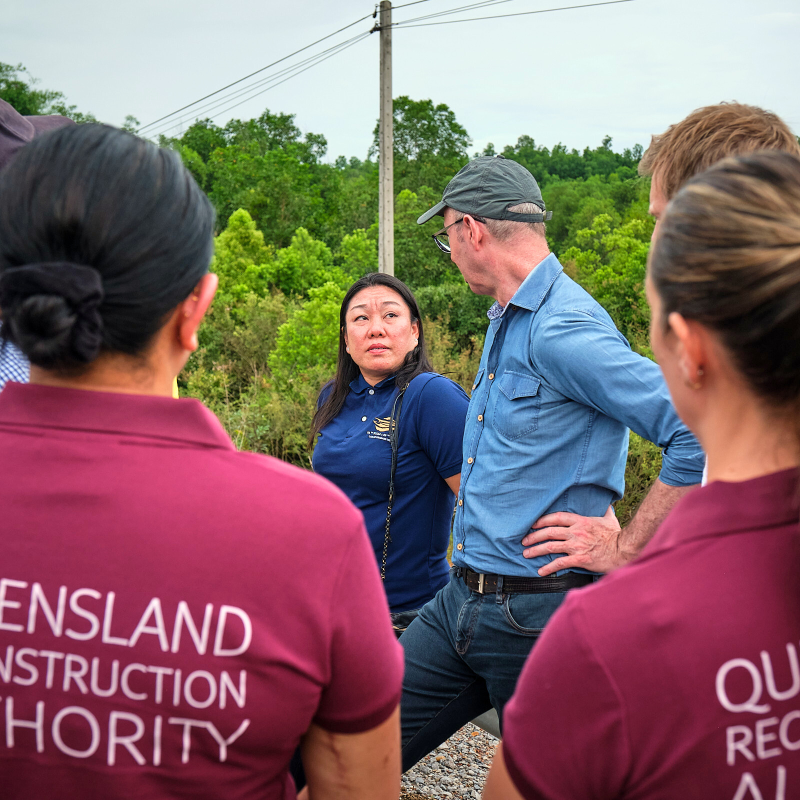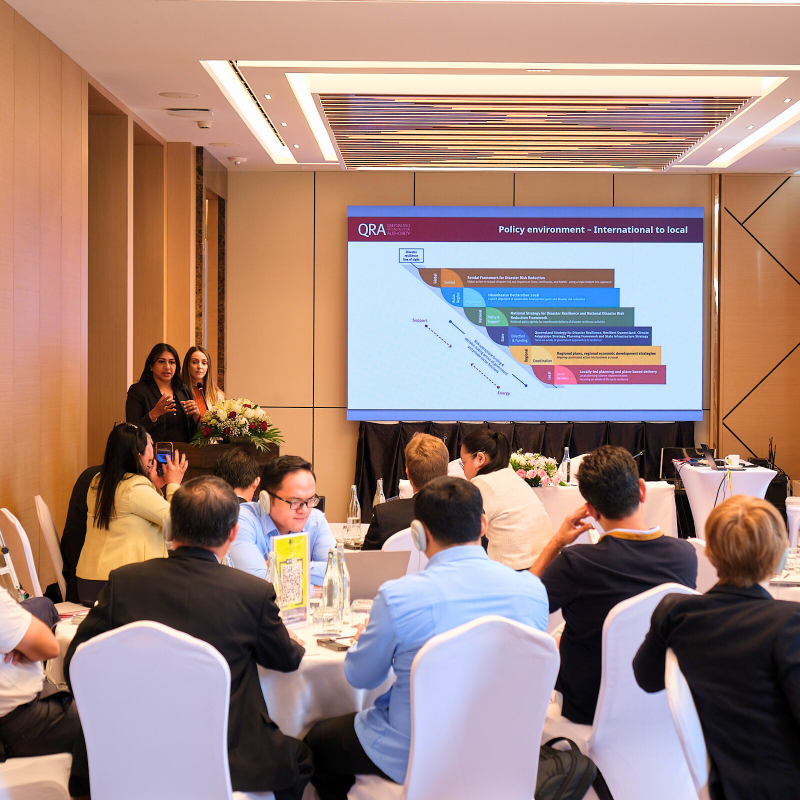QRA builds disaster resilience through knowledge-sharing partnership with Laos
Approximately 7,000 kilometres north of Brisbane, the mountainous and flood-prone nation of Laos is grappling with the compounding challenges posed by climate change.
Increasingly intense rainfall events and associated flooding threaten Laos’ vital roads, bridges and transport systems, disrupting livelihoods and economic growth.
Budgetary and procedural barriers mean disaster recovery works often face lengthy delays, and rebuilding transport infrastructure to higher, more resilient standards remains challenging.
Recognising this, the Queensland Reconstruction Authority (QRA), Austroads and the Commonwealth Scientific and Industrial Research Organisation (CSIRO) conducted a week-long knowledge-sharing mission in early July 2025 with delegates from the Lao Ministry of Public Works and Transport (MPWT).
Organised through the Australian Government’s Partnerships for Infrastructure (P4I) program, the week featured workshops, site visits, and policy discussions hosted by QRA, Austroads and CSIRO experts.
QRA led engagement with the MPWT on critical challenges and opportunities in infrastructure resilience, including how to incorporate climate data and risk assessments into disaster recovery planning.
Technical workshops highlighted Queensland’s progressive approaches, showcasing how integrating resilience into infrastructure delivery improves long-term outcomes and reduces costs.
QRA-led sessions on infrastructure governance highlighted the importance of consistent reconstruction standards, effective funding mechanisms, and stakeholder collaboration.
Insights were shared about the Sustainable Asset Valuation Initiative (SAVi) tool that evaluates the broader socio-economic benefits of investing in resilience.
Queensland has used SAVi to build a robust case for disaster resilience funding allocation, through initiatives such as the Betterment program.
Lao officials raised key local barriers, such as insufficient real-time data, limited access to disaster recovery funding, and fragmented disaster governance.
By illustrating how Queensland overcame similar challenges through coordinated disaster management frameworks, QRA helped identify pathways for Laos to strengthen its infrastructure recovery frameworks and business cases.
MPWT and QRA teams reviewed flood-prone areas and existing transport networks, offering tailored advice on enhancing asset durability to withstand future events.
This advice included exploring staged upgrades to infrastructure and practical considerations such as material suitable to Laos’ climate.
Beyond technical capacity-building, the mission fostered a shared commitment to embedding resilience into policy making.
QRA’s collaborative and community-focused disaster management approach resonated strongly with Lao officials, particularly the emphasis on engaging local stakeholders and tailoring solutions to community priorities.
These efforts align with Australia’s broader goals of advancing sustainable, inclusive infrastructure across Southeast Asia.
By transforming a focus on resilience into actionable outcomes, this collaboration has enhanced Laos’ capacity to rebuild better, ensuring transport infrastructure investment delivers safer, more sustainable communities for generations to come.
The partnership also illustrates the importance of international collaboration in tackling climate-related challenges.
Strengthening disaster resilience within both nations is a vital step towards a more secure and prosperous Asia-Pacific future.
